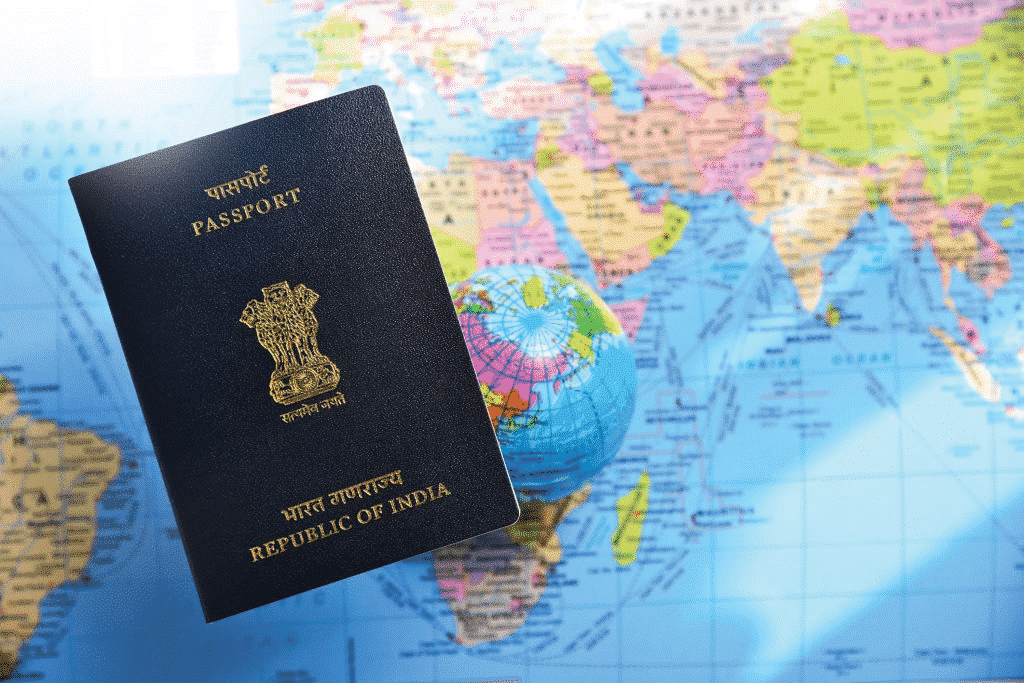The SAT is a standardized test widely used for college admissions in the United States. The SAT is wholly owned, developed, and published by the College Board, a private, not-for-profit organization in the United States. It is administered on behalf of the College Board by the Educational Testing Service. The SAT takes three hours to finish, plus 50 minutes for the SAT with essay, and as of 2019 costs $96.50 without the essay and $113.50 with essay, excluding late fees, with additional processing fees if the SAT is taken outside the United States. Scores on the SAT range from 400 to 1600, combining test results from two 200-to-800-point sections: Mathematics, and Critical Reading and Writing. The College Board states that the SAT is intended to measure literacy, numeracy and writing skills that are needed for academic success in college. They state that the SAT assesses how well the test-takers analyze and solve problems—skills they learned in school that they will need in college. However, the test is administered under a tight time limit (speeded) to help produce a range of scores
The SAT has four sections: Reading, Writing and Language, Math (no calculator), and Math (calculator allowed). The test taker may optionally write an essay which, in that case, is the fifth test section. The total time for the scored portion of the SAT is three hours.
Reading test:
The Reading Test of the SAT is made up of one section with 52 questions and a time limit of 65 minutes. All questions are multiple-choice and based on reading passages. Tables, graphs, and charts may accompany some passages, but no math is required to correctly answer the corresponding questions. There are five passages (up to two of which may be a pair of smaller passages) on the Reading Test and 10-11 questions per passage or passage pair. SAT Reading passages draw from three main fields: history, social studies, and science. Each SAT Reading Test always includes one passage from U.S. or world literature; one passage from either a U.S. founding document or a related text; one passage about economics, psychology, sociology, or another social science; and, two science passages. Answers to all the questions are based only on the content stated in or implied by the passage or passage pair
Writing and Language test:
The Writing and Language Test of the SAT is made up of one section with 44 multiple-choice questions and a time limit of 35 minutes.
As with the Reading Test, all questions are based on reading passages which may be accompanied by tables, graphs, and charts. The test taker will be asked to read the passages, suggest corrections or improvements for the contents underlined. Reading passages on this test range in content from topic arguments to nonfiction narratives in a variety of subjects. The skills being evaluated include: increasing the clarity of argument; improving word choice; improving analysis of topics in social studies and science; changing a sentence or word structure to increase organizational quality and impact of writing; and, fixing or improving sentence structure, word usage, and punctuation
Mathematics:
The mathematics portion of the SAT is divided into two sections: Math Test – Calculator and Math Test – No Calculator. In total, the SAT math test is 80 minutes long and includes 58 questions: 45 multiple choice questions and 13 grid-in questions. A test score for the math test is reported on a scale of 10 to 40, with an increment of 0.5, and a section score (equal to the test score multiplied by 20) is reported on a scale of 200 to 800
Most of the questions on the SAT, except for the optional essay and the grid-in math responses, are multiple choice; all multiple-choice questions have four answer choices, one of which is correct. Thirteen of the questions on the math portion of the SAT (about 22% of all the math questions) are not multiple choice. They instead require the test taker to bubble in a number in a four-column grid.
All questions on each section of the SAT are weighted equally. For each correct answer, one raw point is added. No points are deducted for incorrect answers. The final score is derived from the raw score; the precise conversion chart varies between test administrations.
Two section scores result from taking the SAT: Evidence-Based Reading and Writing, and Math. Section scores are reported on a scale of 200 to 800, and each section score is a multiple of ten. A total score for the SAT is calculated by adding the two section scores, resulting in total scores that range from 400 to 1600. There is no penalty for guessing on the SAT: scores are based on the number of questions answered correctly. In addition to the two section scores, three “test” scores on a scale of 10 to 40 are reported, one for each of Reading, Writing and Language, and Math, with increment of 1 for Reading / Writing and Language, and 0.5 for Math. The essay, if taken, is scored separately from the two section scores
The SAT exam is conducted only a few times in a year and hence it is advisable to not only plan the studies accordingly but also book the slots as early as possible.
You can check out the next available SAT dates by clicking here.
Students receive their online score reports approximately two to three weeks after test administration (longer for mailed, paper scores). Included in the report is the total score (the sum of the two section scores, with each section graded on a scale of 200–800) and three sub-scores (in reading, writing, and analysis, each on a scale of 2–8) for the optional essay.
There are two ways of sending the scores to colleges, one while registering for the test or after releasing the official scores. Candidates receive four free Score Reports while registering for the SAT. Candidates can send the scores to colleges up to nine days of taking the test after that they have to pay $12 for sending the score reports to each university/program they choose.
The SAT scores are valid for 5 years, until or unless there has been a change in the criteria for SAT. Candidates mostly do not use their SAT scores till five years or so.
Aditya Birla World Academy, Vastu Shilp Annexe, Gamadia colony, JD Road Tardeo, Mumbai, Maharashtra – 400 007
Anjuman-I-Islam HS, D.N. Road, Opp. CST, Mumbai – 400 001
Bombay Teachers’ Training College Colaba, MB Marg, Apollo Bandar, Colaba, Mumbai, Maharashtra – 400 001
Cathedral and John Connon School, 6, Purushottamdas Thakurdas Marg, Fort, Mumbai, Maharashtra – 400 001
Jamnabai Narsee School, Narsee Monjee Bhavan, 7, North-South Road, JVPD Scheme, Hatkesh Society, Ashok Nagar, Vile Parle West, Mumbai, Maharashtra – 400 049
Singapore International School, Mumbai, On National Highway No. 8, Post Mira Road, Next To Thakur Mall, Dahisar East, Mumbai, Maharashtra – 401 104

The International English Language Testing System is designed to test your proficiency in the English language

GMAT or Graduate Management Admission test is used by many abroad universities as an entry requirement for various courses

Statement of Purpose (SOP) is an essay describing your application and suitability for the course applied.

Which are the top-ranked universities in the world? Our guide to understanding and importance of ranking system

Here is a guide listing down steps with documentation guidance to make your abroad education journey easier.

Confused with selecting the right country? We help you out by giving you selection parameter and comparisons across countries

I loved the in-depth analysis and varied career options provided by Amod. He assists at every step, starting from shortlisting career options to sending out applications to the best universities. I would recommend his consultancy to any student looking for overseas education.

Amod from ProAmica Career Development was really helpful, polite and patient while helping me find the right course and University.

I had a great counseling session with one of the team members. Absolutely loved the dedication and in-depth analysis, with a detailed explanation of the procedure. I would recommend to every student looking for studying oversees. 👍

